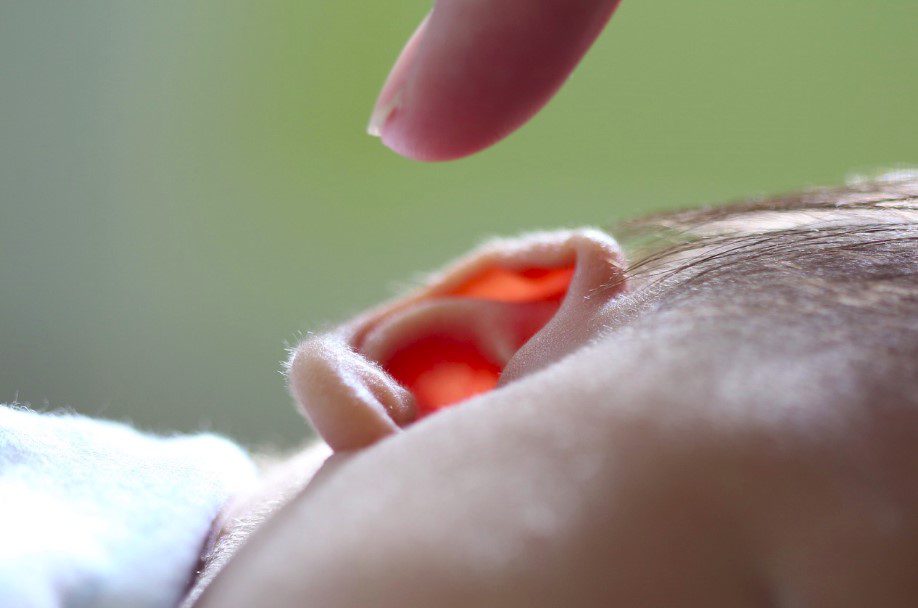Besides the obvious milestones taking place during early childhood care, multiple other interesting and ‘simple’ things are also happening in your child’s life.
These little things will intrigue you if you pay attention.
The known and unknown disruptions in parenting such as nutrition, physical activity, and living/sleeping environment, will influence the nature of these milestones.
1. At 1½ years, your child is listening to your little secrets!

Your child begins to interpret sounds as early as the 6th month of pregnancy. Through this period, she hears and is excited by the mother’s voice. She will hear the fathers’ voice too.
After delivery, this hearing ability goes a notch higher.
You will be surprised how fast your child figures out what you don’t want her to hear, but won’t tell you. Of course, she cannot speak, and wouldn’t therefore divulge the secrets.
Hearing in language development is categorized as a receptive skill and takes shape early compared to speech.
The latter which takes shape months later is categorized as expressive language. By mastering hearing, children learn to interpret spoken words before converting them to expressive speech.
Here is a simple cheat-sheet on the communication development your child goes through after birth:
- At 5 months your child recognizes her name.
- At 1 year she’s having a rich vocabulary of 50 words, which are basically nouns such as mummy and daddy.
- At 14 months she knows when you are angry, happy or said as seen in your facial expressions.
- At 1 year and a half, she learns an average of 9 words a day and can figure out what they mean!
It is therefore quite easy to assume she understands little or nothing of the words you share with family and friends in close proximity, just because she cannot speak!
The wrong assumption could make you use inappropriate language and discuss inappropriate content in her presence. The little fellow will absorb the dirt you speak and grow up with the vocabulary! She will use these words during the teenage and adult years.
On the other hand, she could develop low self-esteem if you compare her negatively against other children, including her brothers!
Be mindful of the following language in her presence:
- Profanity
- Hate language
- Child comparison
- Temperament
- Being too judgmental
Watch your mouth and what you say every time you are in the company of your child above 1 year. Make a point to use good language and only indulge in good content.
2. Your curious child may ask 73 questions every day!
You read it right, 73 questions!
That is the number of questions your curious child is bound to ask in the course of one day.
The number goes down if your child is less curious and less exposed, but is high in more by curious and exposed children.
The questions start at around 3 years and will intensify as she approaches 5.
The Why, What, Who, When, Where, and Which questions are based on curiosity over everything that tickles her mind. Her curiosity is also helped by learning new things, coupled with her ability to retain lots of information.
Most of the questions are targeted towards you, and apparently, and if you are unable to answer them your child will turn to someone else or the internet to get the answers.
There is plenty of good when your child asks questions:
- It is good for relating with parents and family
- The brain is stimulated
- It quickstarts child ability to learn
- She learns communication skills
… what are these questions?
The questions your child will ask are random and will come as you walk together, during an activity, or from what she thinks about the world. The questions become more complex as she grows up.
Popular among the questions include:
- Why is it dark at night?
- Why is the sky blue?
- Where do children come from?
- Why do people die?
- Why do I have to go to school?
- Where is God?
Yet there are the persistent and probably annoying questions that may seem self-explanatory. They are not to her and other children. Questions such as,
- What time are we reaching?
- Is Daddy coming soon?
- Why are we not moving?
You are advised to be responsive enough to make your child trust you with her questions. Do not back away. Otherwise, she could just as well turn to peers and others who may provide all the wrong answers.
3. Your child is more emotional than you think!
Emotional development is a very crucial part of early childhood development. Almost in its entirety, emotional growth rotates around the need to feel loved, protected, and the desire to feel important.
Give her all the above and you will be on the road to solve her emotional needs.
This is however easier said than done, notwithstanding the busy schedules you have, and your ability to pinpoint exactly what IMPORTANT means to the child.
Deny her these and she will rant angrily, and your attempts to soothe and pamper her, will not work easily.
You may ask yourself, why?
Children approach emotional development with an understandable lack of experience. It is something they are getting to learn under unpleasant circumstances.
They have nothing to refer to or compare with. In addition, they experience tremendous hormonal growth and changes, which can play havoc with emotional stability.
On the other hand, adults went through these tantrums during early childhood, and in addition to many years of experience, have mastered how to get emotions under control.
Finally, children are overwhelmed by circumstances and feel hopeless when they don’t seem to know what is happening to them.
4. Everything happens between 0 – 8 years!
Early childhood is most critical starting at 0 through to the 8th year.
Also referred to as the early formative years, this is when initial mental and body growth takes place and the real character of your child is taking shape.
During this period the physical health, social, emotional and cognitive development of your child is getting a critical foundation.
According to the World Health Organization,
Early child development (ECD) encompasses physical, socio-emotional, cognitive and motor development between 0–8 years of age.
WHO
Grab these years, indulge your child and make the most of everything before she turns 8. Otherwise, it may just be too late.
According to UNICEF,
During these years, a child’s newly developing brain is highly plastic and responsive to change as billions of integrated neural circuits are established through the interaction of genetics, environment, and experience. Optimal brain development requires a stimulating environment, adequate nutrients and social interaction with attentive caregivers. Unsafe conditions, negative interactions and lack of educational opportunities during these early years can lead to irreversible outcomes, which can affect a child’s potential for the remainder of his or her life
Early childhood care and indulgence will ensure your child grows into an able person socially, emotionally, and in productivity. The opposite is true in children that are neglected during the same period.
The negative effects of a neglected child can manifest in irrational and dangerous behavior, social inappropriateness, emotional instability, and unproductive lifestyle.
Here are just some factors that will affect early childhood:
- Poor nutrition
- Malnutrition
- Environment stress
- Lack of physical activity
- Poor sleep
- Lack of responsible parenting
- Poor social interaction





Leave a Reply